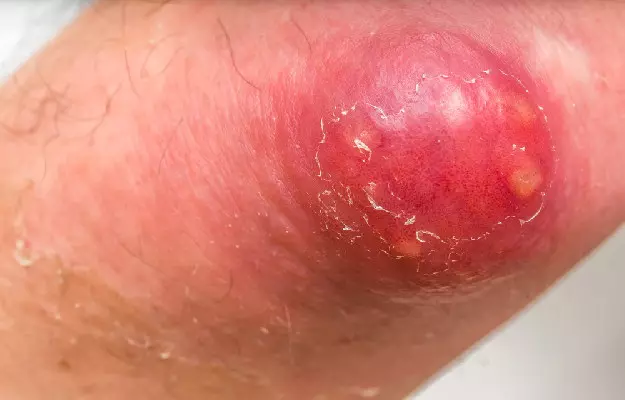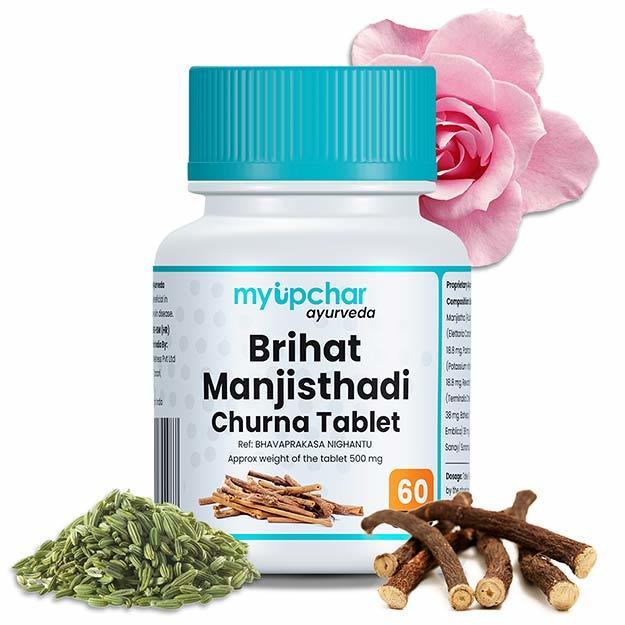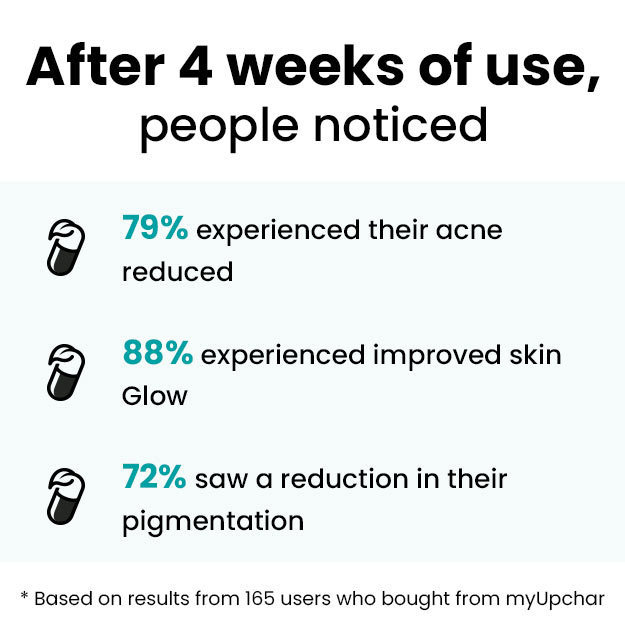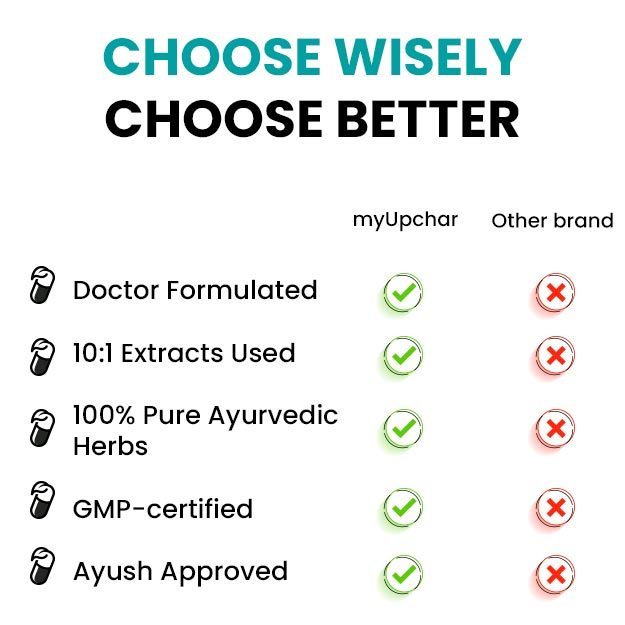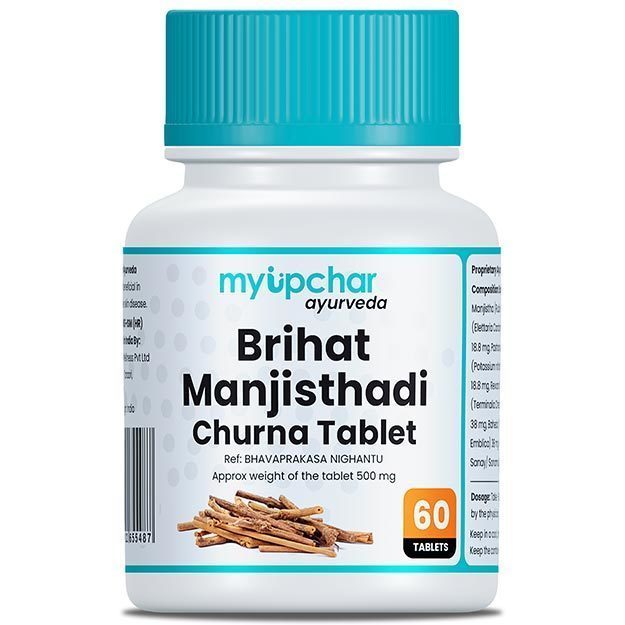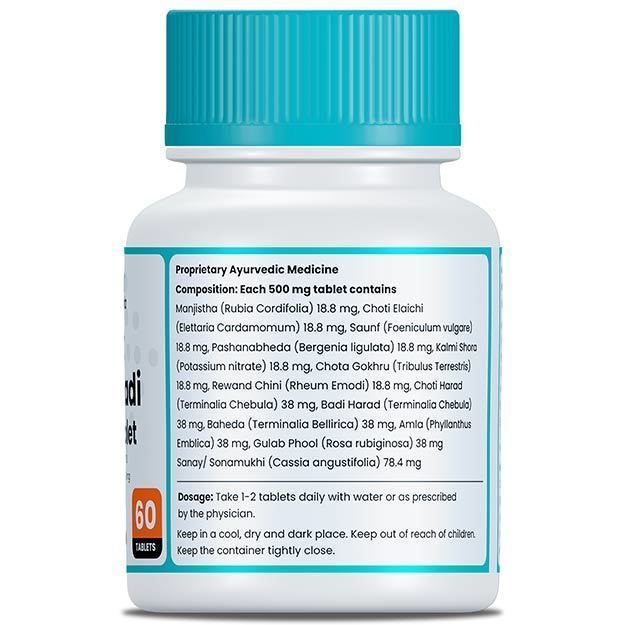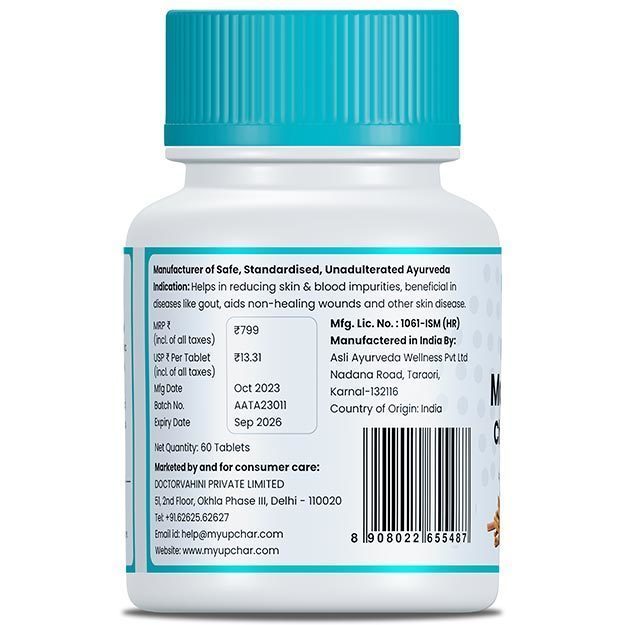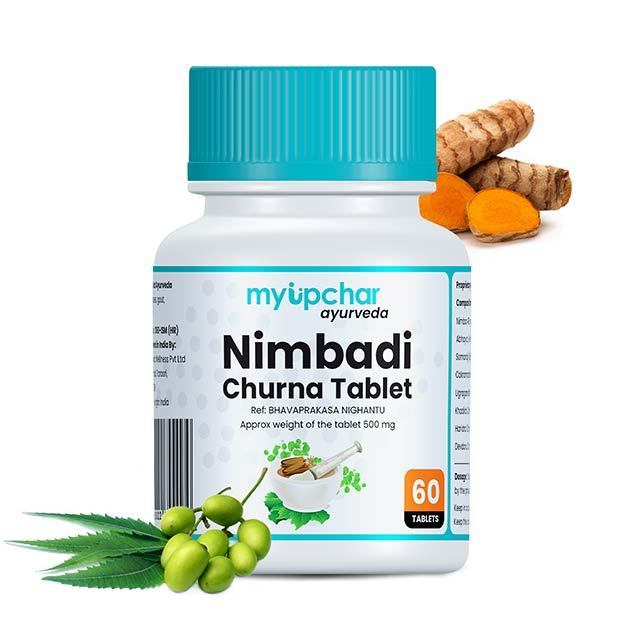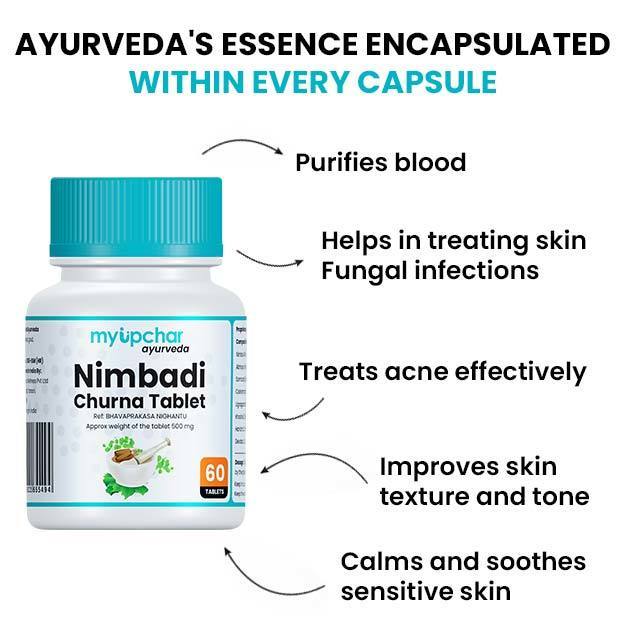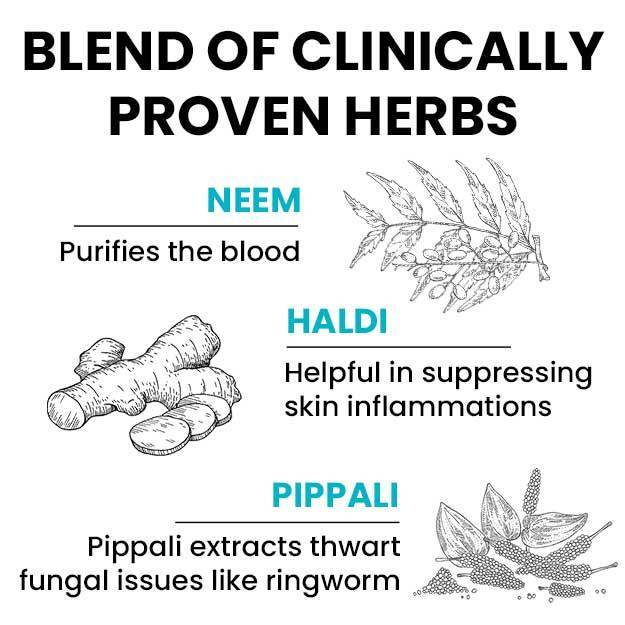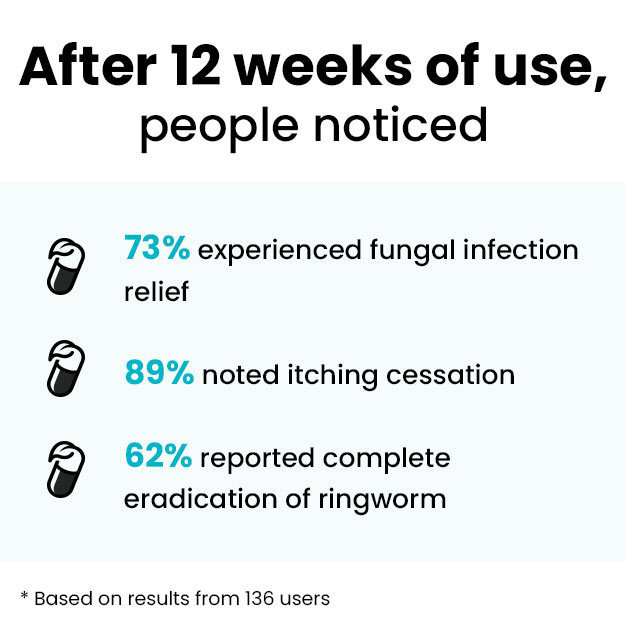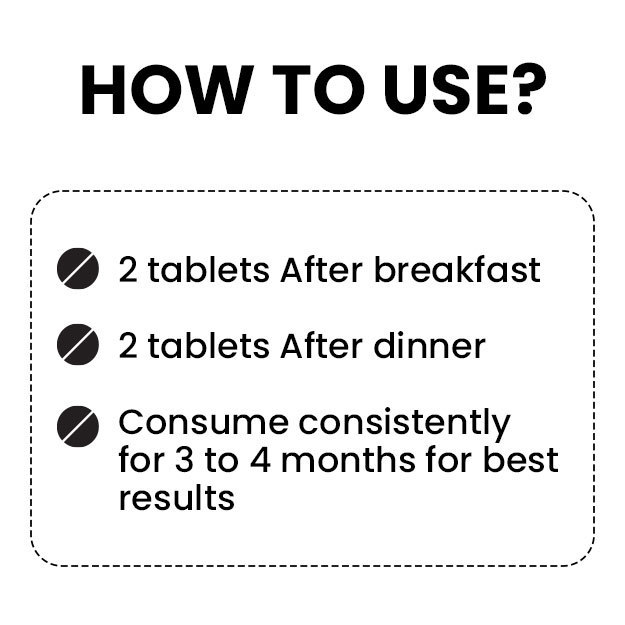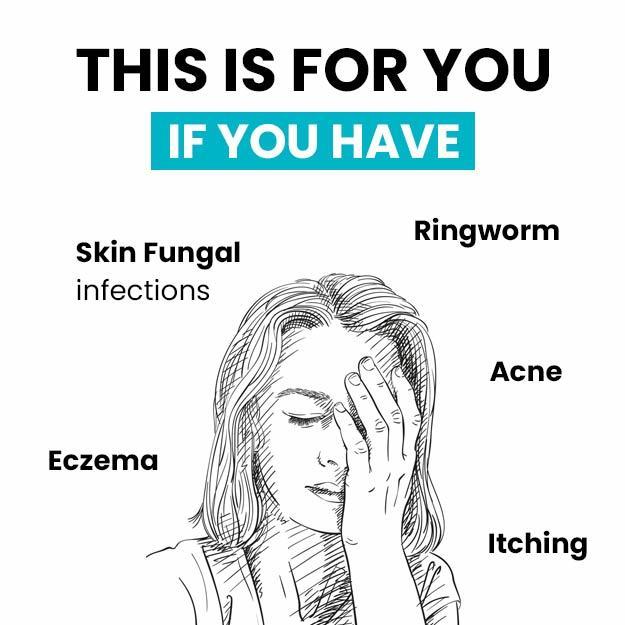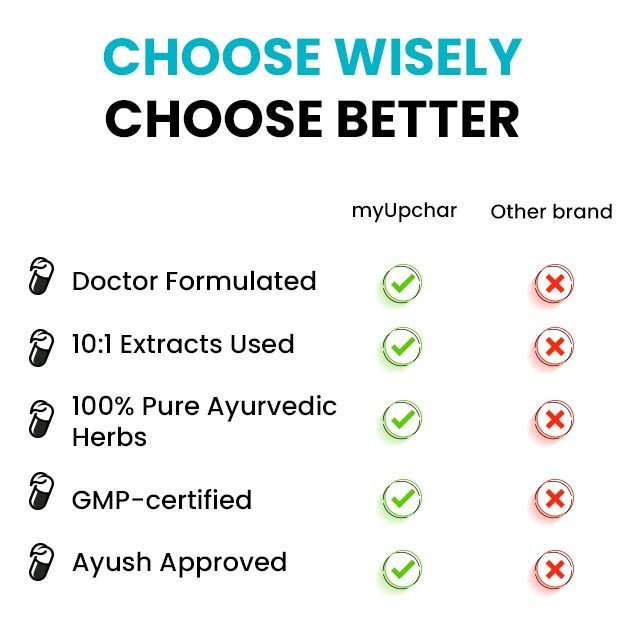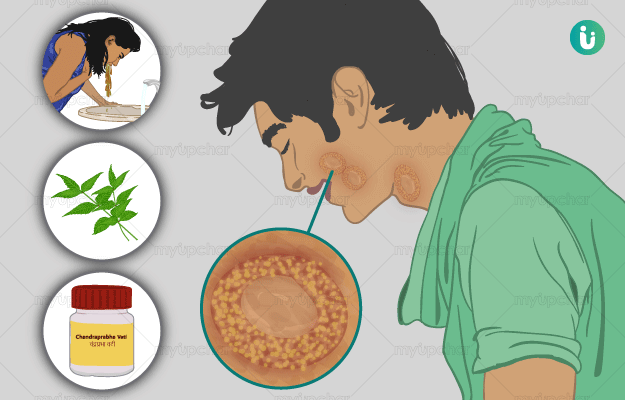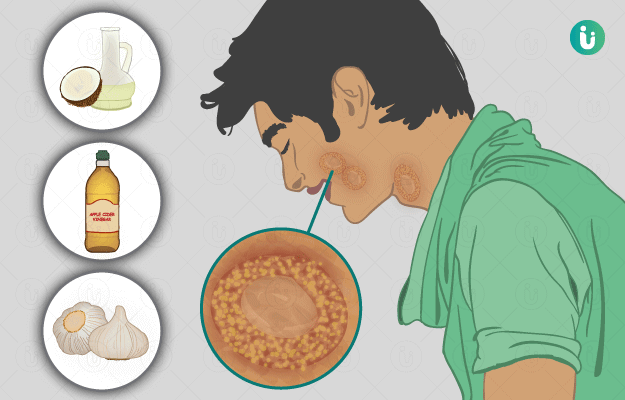Furuncle is another word for "boils". Boils are bacterial infections of the hair follicle that also involve the surrounding tissue. This can happen on any part of the body. When the follicles become infected, they become swollen. A pimple looks like a red, raised lump on the skin that is centered on a hair follicle. If it bursts, pus comes out. Boils usually appear on the face, neck, thighs and buttocks. A pimple may start out as a benign-looking lump on the skin. However, as the infection progresses, the boil can become hard and painful. Pus forms in a boil as a result of the body's attempt to fight the infection. The pain may be most severe just before the boil bursts and is most likely to improve after it has healed. Boils start small but can grow to more than 2 inches in size. The skin around the infected hair follicle may become red, swollen, and tender. Wounds are also possible. When many boils occur at one place in the body, it is called carbuncle. Carbuncles may cause fever and chills.
Read more - (Home Remedies for Fungal Infection)
- Symptoms Of Furuncle
- Causes Of Furuncles
- Treatment Of Furuncles
- Side Effects Of Furuncles
- How To Prevent Furuncles
- Summary
Symptoms Of Furuncle
Typically, a furuncle begins as a pink or red soft lump on the skin. It may also cause itching. The boil will then develop into a pus-filled lump with a yellow or white center. The skin around it may turn red. As it grows, the pain increases. Boils in the ears or nose can be particularly painful. As soon as the pus comes out from the boil, the pain will reduce. Boils are usually the size of a pea, but they can be as large as a golf ball. When you get an abscess, you may also feel generally unwell. You may have the following symptoms like -
- Fever
- Tiredness
- Muscle Pain
- Feeling Cold
Read more - (How long to get rid of fungal infection)
Causes Of Furuncles
Bacteria commonly cause boils, the most common being Staphylococcus aureus– which is why boils can also be called staph infections. It normally remains on certain areas of the skin. S. aureus can cause infection in situations where there are cracks in the skin, such as cuts or scrapes. Once bacteria invade, your immune system tries to fight them. Boils actually occur when white blood cells work to eliminate the bacteria. You may be more likely to develop boils or furuncles if you have a weakened immune system or if you have a medical condition that slows the healing of your wounds. Diabetes and eczema, a chronic skin disorder characterized by extremely dry, itchy skin, are two examples of chronic conditions that can increase your risk of getting a staph infection. Boils are often caused by folliculitis, an infected hair follicle. This happens when certain germs penetrate deep into the skin, often due to cuts or scratches. It is usually Staphylococcus aureus (S. aureus) bacteria that causes the infection. Infected hair follicles are especially common in areas such as the inner thighs, face, armpits, buttocks, and neck, where shaving, rubbing, and clothing can irritate the sensitive skin.
Read more - (How to remove fungal infection )
Risk Of Furuncle
Boils are common and can happen to anyone. However, the following risk factors can increase your chances of getting recurring boils such as –
- Diabetes
- Being Under 30 Years Of Age
- Having Weak Immunity
- Obesity
- Smoking
- Living In A Crowded Or Communal Environment
- Not Eating A Nutritionally Balanced Diet
- Eczema
- S. Aureus Bacteria
- Anemia
Read more - (Diet for fungal infection)
Treatment Of Furuncles
Many people do not need to see a doctor for treatment unless the boil becomes large, bursts, or is very painful for more than 2 weeks. Usually, the boil has already dried up and begun to heal within this time frame. Treatment of a furuncle generally includes steps to promote drainage and healing. Warm compresses can help speed up the bursting of boils. Apply warm, moist compresses throughout the day to drain pus. Continue applying warmth after the boil has burst to promote healing and pain relief. Also wash your hands at the site of the boil with antibacterial soap to prevent staph bacteria from spreading to other areas of your body. Contact your doctor if the boil is open or you are experiencing severe pain. Antibiotics may be needed to clear up the infection as well as drainage of the incision and pus. The doctor may also choose to drain the abscess manually. Do not try to open the boil yourself by squeezing, pricking, or cutting it. This can increase the risk of infection and serious wounds.
Read more - (Yoga for fungal infection)
Side Effects Of Furuncles
Most boils heal without a doctor, but in some cases, boils can lead to more complicated and dangerous medical conditions. As
Bacteremia
Bacteremia is an infection of the bloodstream that can occur after a bacterial infection such as furuncle. If untreated, it can lead to serious organ dysfunction such as sepsis.
MRSA
When infection with methicillin-resistant S. aureus, we call it MRSA. This type of bacteria can cause boils and make healing difficult. This infection can be very difficult to treat and requires specific antibiotics for treatment.
Read More - (Top 10 Best Creams to Combat Fungal Infections)
How To Prevent Furuncles
Boils can be prevented through good personal hygiene. If you have a staph infection, here are some tips to prevent the infection from spreading:
- Wash Your Hands Frequently.
- Follow Wound Care Instructions From The Doctor, Which May Include Gently Cleaning Wounds And Keeping Wounds Covered With Bandages.
- Avoid Sharing Personal Items Such As Sheets, Towels, Clothes Or Razors.
- Wash Bedding In Hot Water To Kill Bacteria.
- Avoid Contact With Other People Infected With Staph Or Mrsa Infections.
Read More - (Home remedies for jock itch)

